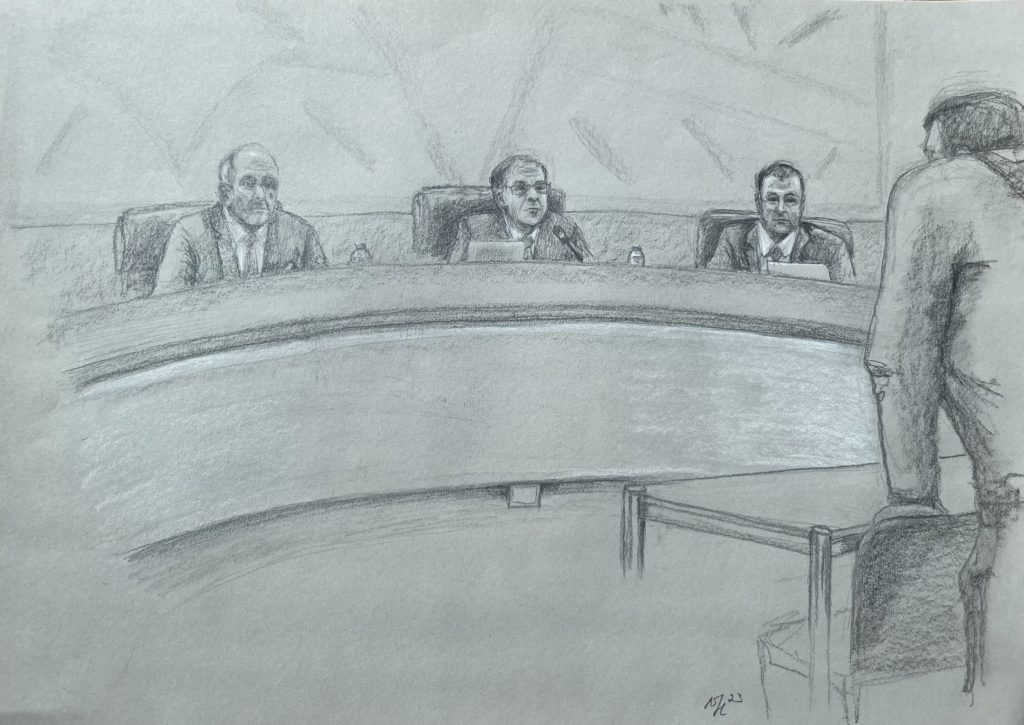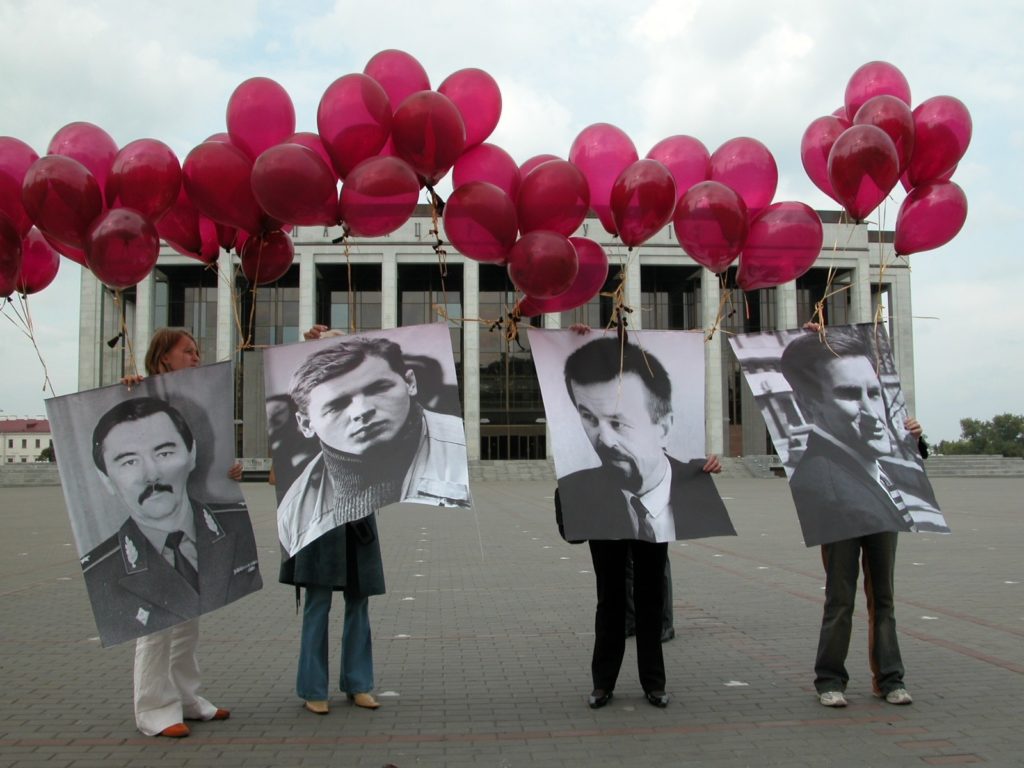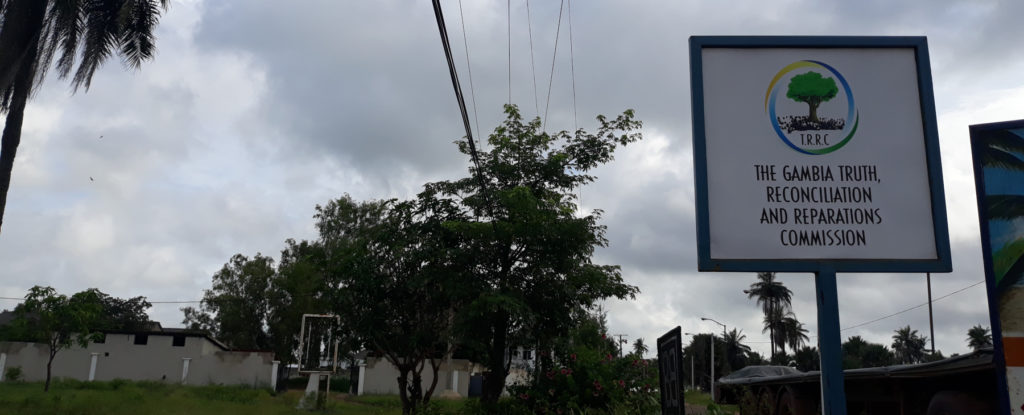Nepal: a victim of enforced disappearance and torture petitions the UN for justice
TRIAL has submitted a complaint to the UN Human Rights Committee, about the arbitrary detention, enforced disappearance and torture of Sarita Devi Sharma from 2003 to 2005 by state security forces, during the armed conflict in Nepal.
Disappeared and tortured
 Sarita Sharma was arbitrarily arrested on 20 October 2003, in Kathmandu by soldiers of the Royal Nepal Army. Sarita Sharma was brought to the infamous Maharajgunj barracks, headquarter of the Bhairabnath Battalion, where she was forcibly disappeared for 10 months and held in arbitrary detention for 10 more.
Sarita Sharma was arbitrarily arrested on 20 October 2003, in Kathmandu by soldiers of the Royal Nepal Army. Sarita Sharma was brought to the infamous Maharajgunj barracks, headquarter of the Bhairabnath Battalion, where she was forcibly disappeared for 10 months and held in arbitrary detention for 10 more.
Throughout this time Sarita Sharma was kept in inhuman conditions of detention and subjected to severe torture, such as:
- deprivation of food and water,
- isolated detention,
- severe beatings,
- falanga and submarino (held under water until the very limit of suffocation).
- psychological torture and ill-treatment:
Ms Sharma was also forced to listen to her brother screaming for pain while being beaten and received threats to her life as well as to her family.
She was suspected of involvement in Maoist-related activities due to the role of Secretary-General of the All Nepal National Independent Student Union Revolutionary covered by her brother, Mr. Himal Sharma, on whose behalf TRIAL has already submitted a complaint to the UN Human Rights Committee in the month of April 2013.
“No investigation whatsoever has been undertaken by Nepalese authorities into Sarita Sharma’s arbitrary detention, enforced disappearance and torture. All to the contrary, Nepal has once more shielded perpetrators from justice“, said Philip Grant, Director of the Geneva-based organisation representing Sarita Sharma before the UN Human Rights Committee.
While Sarita Sharma was disappeared her husband, Bijaya Sharma Paudel, undertook several efforts to seek for her but faced the State authorities’ constant denial of their involvement in her disappearance. The entire family suffered from her disappearance. To start with her husband, left alone with two young children also deeply affected by the constant interferences of soldiers in their family life.
Sarita Sharma was released on 30 June 2005, only after succeeding in making her condition public and after Bijaya Paudel lodged two habeas corpus petitions with the Supreme Court of Nepal.
Total impunity in Nepal for conflict-era crimes
These crimes took place during the internal armed conflict between the governmental forces of Nepal and Maoists insurgents. A report of the Office of the High Commissioner for Human Rights revealed in 2006 the shocking regime of incommunicado detention and torture at Maharajgunj barracks carried out by members of the Bhairabnath Battalion of the Royal Nepalese Army which led to hundreds of cases of torture and enforced disappearances.
The UN Human Rights Committee is now asked to make a finding concerning the serious human rights violations experienced by Sarita Sharma, her husband and son and to request Nepal to open a prompt, thorough and independent investigation into these alleged crimes, prosecute and sanction the perpetrators, according to the complaint lodged by TRIAL on 24 December 2013.
“This case also asks for the Human Rights Committee to call for the removal of the amnesty provision in the ordinance establishing the Commission for Investigation into Disappeared Persons, Truth and Reconciliation adopted in March 2013,” added Philip Grant. “For too long, justice has been delayed and denied – and now it might be put out of reach to victims like Sarita Sharma altogether if perpetrators are granted amnesty contrary to international law.”
The case of Sarita Sharma is the fifth individual complaint lodged by TRIAL concerning victims forcibly disappeared at Maharajgunj Barracks.












